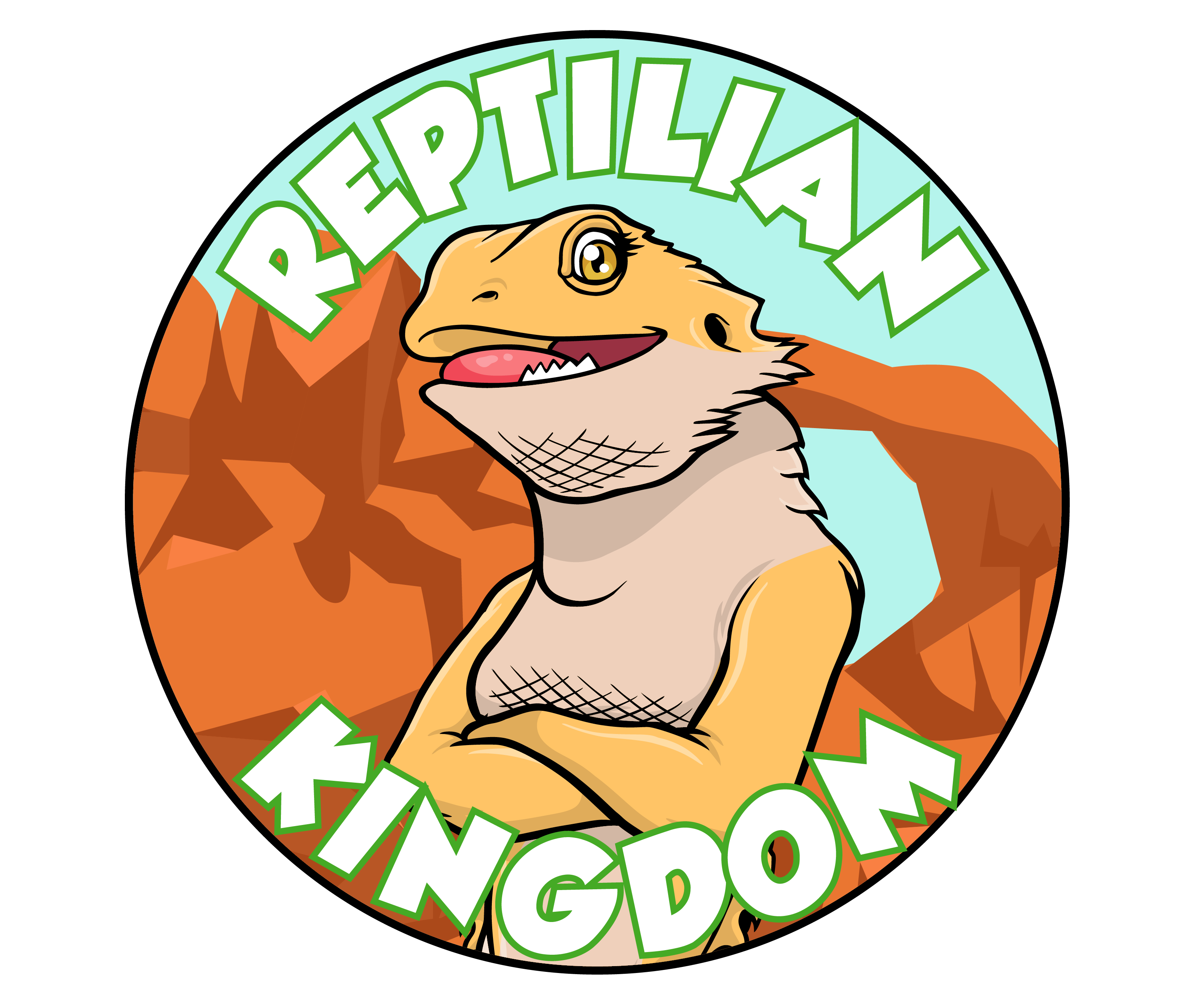Not feeding your bearded dragon the proper greens can have serious consequences for their health and well-being.
- Calcium deficiency leading to weak bones, fractures, deformities, and metabolic bone disease.
- Vitamin and mineral deficiencies affecting overall health, growth, and organ function.
- Digestive problems like constipation, impaction, and diarrhea.
- Malnutrition causing weight loss, muscle wasting, weakness, and poor vitality.
- Weakened immune system increasing susceptibility to infections and illnesses.
- Poor growth and development in juvenile dragons, leading to long-term health issues.
It's crucial to provide a balanced and varied diet that includes suitable greens to ensure your bearded dragon receives the necessary nutrients for their optimal health.
Bearded dragons can eat a variety of greens as part of their diet. Here are some safe and nutritious greens to include:
-
 Collard Greens (Daily)
Collard Greens (Daily) -
 Mustard Greens (Daily)
Mustard Greens (Daily) - Dandelion Greens (Daily)
- Turnip Greens (Daily)
- Escarole
- Endive
- Watercress
- Rocket (Arugula)
- Kale (in moderation due to oxalates)
Some bearded dragons tend to have a difficult time eating their greens, so how would you overcome this obstacle?
 Bee Pollen Power! Bearded dragons may be attracted to bee pollen powder due to its unique aroma and taste, which can appeal to their senses. Additionally, bee pollen powder provides nutritional benefits, stimulates their natural foraging behavior, adds dietary variety, and can be mentally and physically stimulating for them.
Bee Pollen Power! Bearded dragons may be attracted to bee pollen powder due to its unique aroma and taste, which can appeal to their senses. Additionally, bee pollen powder provides nutritional benefits, stimulates their natural foraging behavior, adds dietary variety, and can be mentally and physically stimulating for them.On the other hand, there are greens that should be avoided or fed sparingly due to potential health risks or nutrient imbalances. Here are some greens to avoid:
-
Spinach: Spinach contains high levels of oxalates, which can bind to calcium and hinder its absorption, potentially leading to calcium deficiency.
-
Swiss Chard: Like spinach, Swiss chard contains oxalates, which can interfere with calcium absorption. It's best to limit its consumption.
-
Beet Greens: Beet greens also contain high levels of oxalates and should be fed sparingly or avoided altogether.
-
Rhubarb Leaves: Rhubarb leaves contain oxalic acid, which is toxic to bearded dragons. Avoid feeding any part of the rhubarb plant.
It's important to remember that while the greens mentioned above should be avoided or limited, they can be part of a varied diet in small amounts occasionally. Always prioritize the safe greens mentioned earlier to ensure your bearded dragon's health and well-being.
The amount of greens a bearded dragon should consume can vary depending on their age and size. Here are general guidelines for the recommended amount of greens to feed bearded dragons at different stages of their life:
 Juvenile (0-6 months): At this stage, greens should be offered daily but make up a smaller portion of their diet compared to protein sources.
Juvenile (0-6 months): At this stage, greens should be offered daily but make up a smaller portion of their diet compared to protein sources.
- Offer a mix of finely chopped or shredded greens equivalent to approximately 20% of their total diet.
Sub-Adult (6-12 months): As they grow, the proportion of greens in their diet should increase.
- Offer a mix of finely chopped or shredded greens equivalent to approximately 40% of their total diet.
 Adult (12+ months): Once bearded dragons reach adulthood, the majority of their diet should consist of greens and vegetables, with protein sources offered in moderation.
Adult (12+ months): Once bearded dragons reach adulthood, the majority of their diet should consist of greens and vegetables, with protein sources offered in moderation.
- Offer a mix of finely chopped or shredded greens equivalent to approximately 70% of their total diet.
Remember to monitor your bearded dragon's appetite, behavior, and overall health when determining the ideal amount of greens for them. Individual dragons may have slightly different preferences and needs, so it's important to adjust the portion sizes based on their individual requirements.
Always consult with a reptile veterinarian or herpetologist for specific dietary recommendations tailored to your bearded dragon's age, size, and health condition.
When introducing new greens to your bearded dragon's diet, monitor their response and consult with a reptile veterinarian or herpetologist for specific recommendations based on your dragon's individual needs and health condition.
Dont forget to follow us on Social Media:
